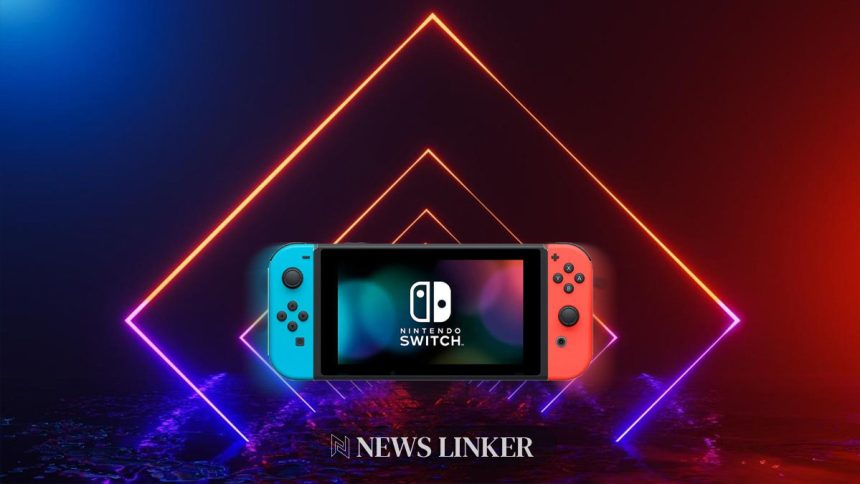The heated legal dispute between Pocketpair and Nintendo over the monster-collecting game Palworld remains at the center of public debate, stirring strong opinions across the gaming sector. Attention has intensified as Yoshiki Okamoto, a prominent figure in Japan’s gaming history and current chairman of the Japan Game Culture Foundation, voiced sharp criticism of Palworld and its perceived overlap with the Pokémon franchise. Okamoto’s outspoken remarks have fueled discussion not only among game industry veterans but also within dedicated fan communities, underlining divisions in sentiment regarding creative ownership and intellectual property boundaries.
When Palworld first found itself under legal scrutiny from Nintendo, commentary primarily focused on the game’s aesthetic and mechanical similarities to Pokémon. Previous analyses centered on broad industry implications, considering whether such cases set precedents for future intellectual property claims. Past coverage raised concerns about Nintendo’s legal aggression, particularly against fan-made projects, whereas the recent controversy highlights more personal criticism from inside the Japanese development community. Notably, earlier discussions seldom included input from powerhouse figures like Okamoto, whose involvement has reframed the debate as one shaped both by legal strategies and opinions from respected designers.
What Did Yoshiki Okamoto Say about Palworld?
Yoshiki Okamoto condemned Palworld’s approach, claiming it overstepped ethical boundaries in game design and commercialization. He dismissed arguments that the game’s popularity or critical success could justify possible copyright infringement.
“[Palworld is] a game that transcends the boundaries of war… it crossed a line that should not be crossed, and I don’t want the world to think it is acceptable,”
Okamoto asserted, objecting to the idea that positive reception overrides concerns of originality or legality.
How Have Players and the Industry Responded?
Okamoto’s comments quickly attracted backlash, with many gamers and commentators criticizing both his statements and Nintendo’s approach. Users expressed frustration about perceived limitations on creative freedom and industry innovation, referring to Nintendo’s history of aggressive legal action against competitors and fan projects. Debate intensified after Okamoto reportedly used a strong term to describe Palworld, sparking accusations of hypocrisy in light of his own work on titles reminiscent of the Pokémon formula.
Could Settlement Change Palworld’s Status?
Okamoto noted that a settlement with Nintendo could legitimise Palworld’s place in the market, though he advised against supporting the game while legal action is ongoing.
“If a settlement is reached with Nintendo, then I think [Palworld] will become a game that is officially fine to play. However, it is currently a game that’s being sued so it’s unacceptable. By playing the game you are supporting it, so please don’t buy it,”
he stated. Despite his stance, others in the community insist that enforcing patents on mechanics stifles creativity and competition.
Discussions over Palworld’s future continue as Nintendo broadens its legal activity, now reportedly scrutinizing fan modifications of unrelated games that might have legal relevance to the case. The wider debate focuses on whether rights holders are overreaching or simply protecting creative property. While Okamoto admitted never having played Palworld, he voiced worries that a loss by Nintendo might encourage imitation of well-known intellectual properties, particularly in an era of generative AI and rapid content creation.
Ongoing disputes like this highlight the need for clear distinctions between inspiration, homage, and infringement in the game industry. Developers and consumers alike benefit from better definitions that support innovative projects while also respecting creator rights. An informed understanding of copyright law, the importance of industry standards, and the legal risks for both small studios and established companies is crucial in avoiding similar conflicts. For studios, expertise in intellectual property protection—and awareness of where homage ends and infringement begins—can prevent costly and reputation-damaging litigation. Consumers, meanwhile, may wish to consider both ethical and legal factors before supporting contentious projects, especially those subject to unresolved lawsuits.
- Pocketpair faces a lawsuit from Nintendo over Palworld’s similarities to Pokémon.
- Industry legend Yoshiki Okamoto publicly criticized the game and warned against buying it.
- Community reactions mix frustration with industry legal tactics and support for developer freedom.










